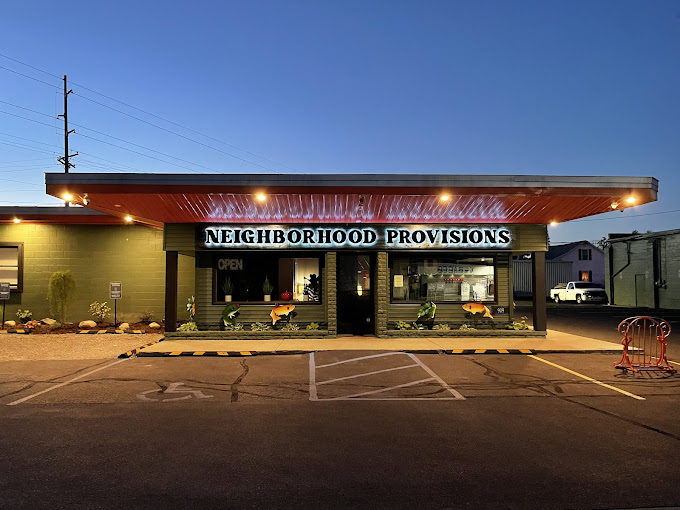
The #1 mistake dispensary startups make? Overpaying for insurance they don’t need.
For most businesses, the importance of cash flow cannot be overstated. Of course, when it comes tostarting a dispensary startup specifically, it is critical as you’ve had a large investment up front for licensing, legal costs, and the capital for property required to start a dispensary.
Once you open your doors, you need to manage a long list of expenses not limited to cannabis stock (and paying your vendors), employee payroll, utilities, marketing efforts, and payments on other liabilities for your dispensary startup.
Here are a few tips to keep your business insurance inline as a startup:
- Accuracy with coverage needs. We see many businesses overstate insured values such as how much cannabis stock you’ll have or the estimated revenue used to calculate your Loss of Business Income / Business Interruption coverage for your dispensary startup. These are some of the most costly coverages in your property insurance policy.
- Use conservative sales and payroll figures. It is great to have lofty goals but that first year of business may have a lot to throw at you. Your General Liability, Product Liability, and Workers Compensation will be rated off of estimated sales and payroll information.
- Use low exposure information (but not too low to be faced with a massive audit at the end). The key here is to be accurate or budget for an audit bill at the next year. Most cannabis insurance companies don’t return the premium if you estimated too high, so be sure you understand this.
- Plan to communicate growth (or loss) with your agent throughout the year at your dispensary startup.
- Only buy the coverage you need. Sure, it is nice to feel the protection of having as much coverage as possible but your cash flow will take a massive hit.
- If it isn’t required, consider budgeting for it the following year or once cash begins to flow in.
- Some of these coverage options may include:
- Higher product liability limits
- Loss of Business Income
- Crop or Cannabis Stock
- Umbrella
- Budtender Liability
- Employment Practices Liability
- Cyber Liability
- Hire only one agent. Interview as many as you need to but settle on one and partner with them.
- We’ve shared some helpful resources including:
- Vetting Cannabis Insurance Agents: The Ultimate Checklist
- Finding the Right Insurance Agent for Your Cannabis Business
- Who are the Best Cannabis Insurers in Michigan?
- The Reality of Cannabis Business Insurance: Why Multiple Agents Aren’t the Answer
- Key Factors to Consider When Choosing Cannabis Insurance
- We’ve shared some helpful resources including:
If you’re thinking about starting a dispensary or cannabis business, please let us know how we can help with your dispensary startup! Starting a dispensary requires careful planning and a solid understanding of the market.
Watch the video!

